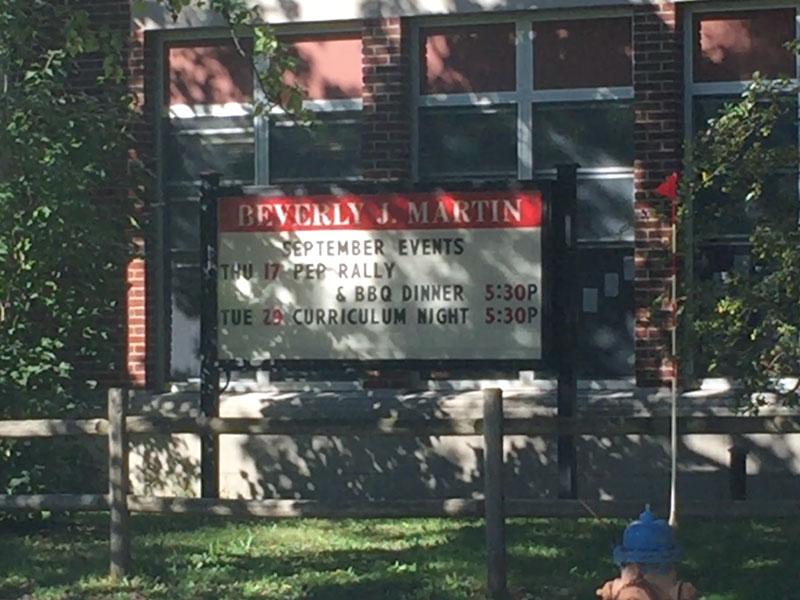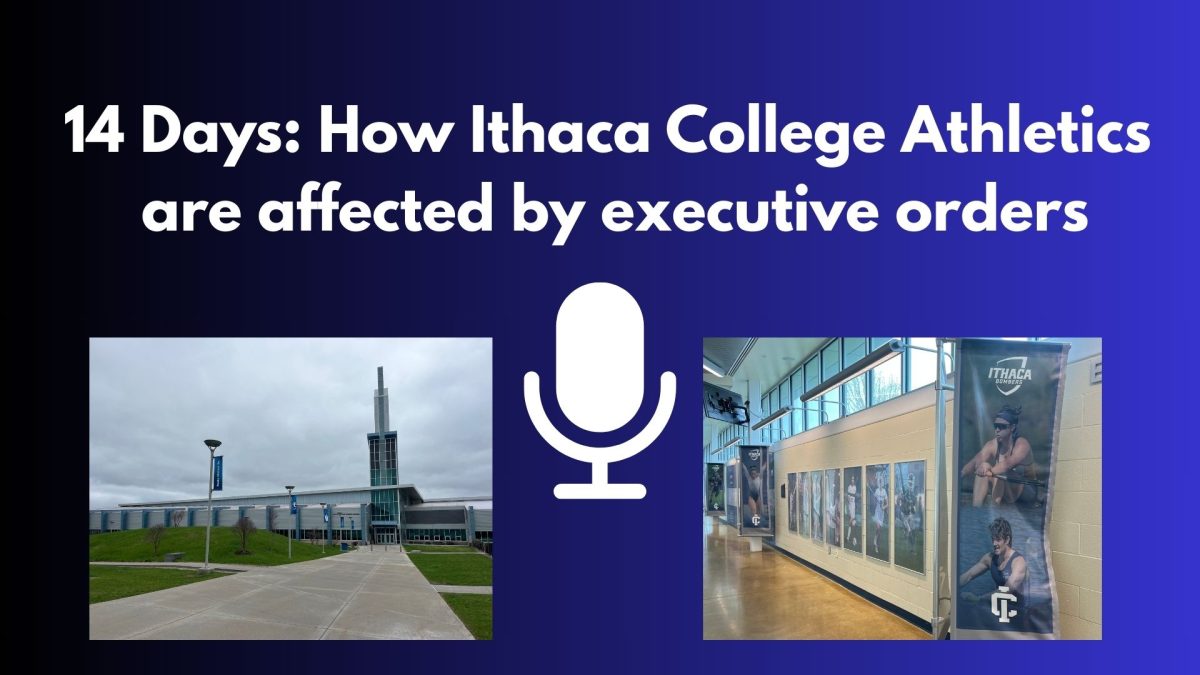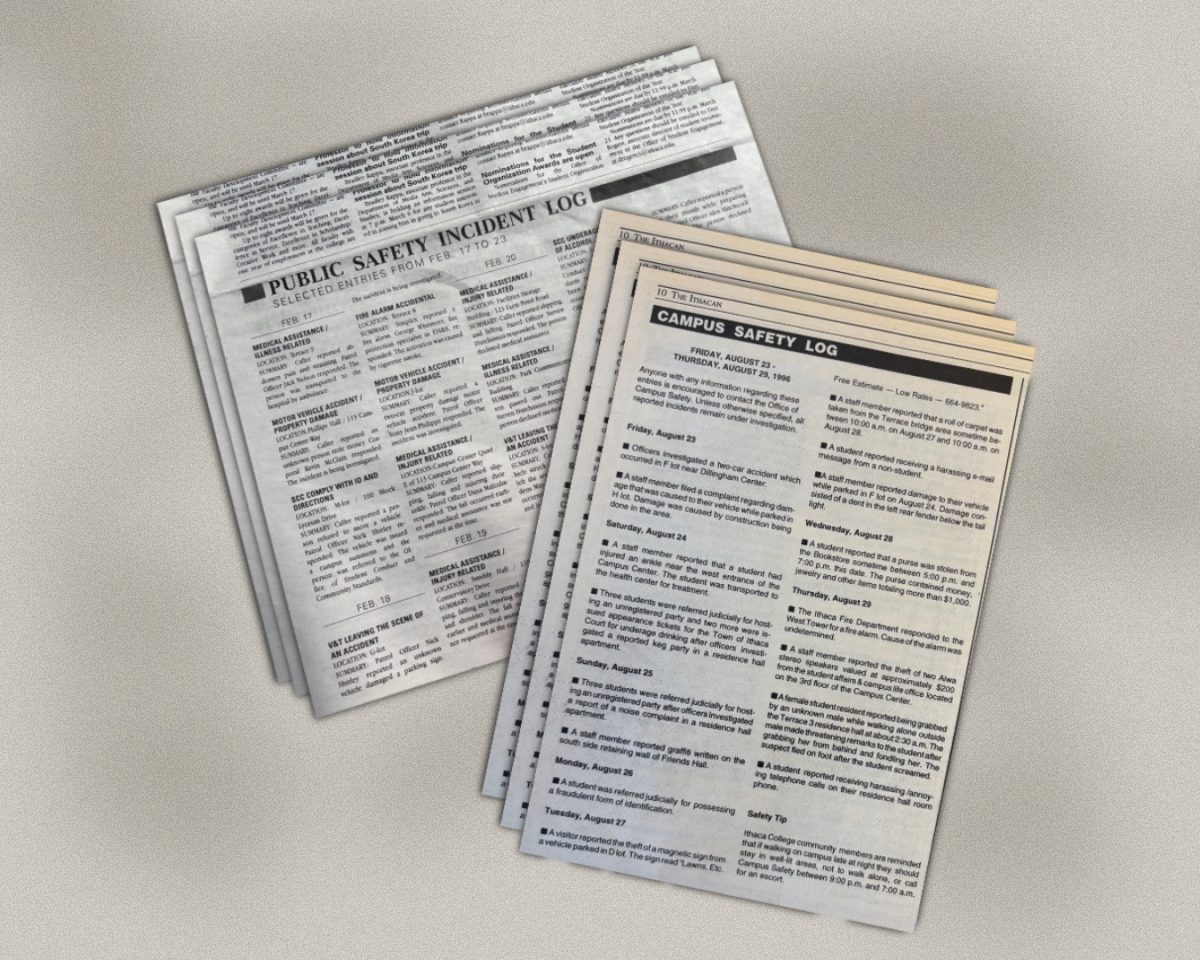With the struggle dating back nearly 200 years, many people across the globe are both confused and at odds with the Israeli-Palestinian conflict. Ithaca is no exception.
On Sept. 18, two speakers were invited to speak to third graders at local Beverly J. Martin Elementary School. The event included a man named Bassem Tamimi, a controversial Palestinian activist. The Ithaca City School District made a statement Sept. 25 saying it did not condone the message Tamimi was giving.
The school had originally invited others to speak on the topic from a general human rights point of view, and was not aware Tamimi would be joining them. His speech — which allegedly included the idea of being freedom fighters for Palestine — was “not developmentally appropriate for third graders, nor aligned with the New York State standards,” according to the statement. “The statements were politically skewed, inflammatory, and not endorsed by the Ithaca City School District.”
William Jacobson, a clinical professor and director of the Securities Law Clinic at Cornell University, came to Ithaca College Oct. 7 to discuss a recent issue at one of the local elementary schools.
Jacobson said he did not believe this was an appropriate conversation for third graders. However, he said if people wanted to try to educate children about the conflict, instead of making it political, both sides should have been represented.
“When you see the suffering of other children, and you only see it in the context that blames one party, that’s got to have a big impression,” he said. “You could have had video of Israeli children also suffering, and you could have talked to the children about how children in war on all sides suffer. You could have had a very different program.”
Jacobson said the climate of Ithaca tends to focus more on the Palestinian side because those activists are more vocal and active. The Jewish Voice for Peace and the Ithaca Committee for Justice in Palestine are two such groups that tend to be more outspoken.
Harriet Malinowitz, a local member of the national JVP organization, said JVP is more pro-human rights than strictly pro-Palestine. She said she thinks Ithaca is largely a microcosm of the larger Jewish community in the United States, with people trying to reconcile Israel’s rightward leaning with their own ideas of democracy.
She also touched on the language that’s used, saying many people pick up phrases from think-tanks.
“As with many other issues, people don’t do their own research and think up these ideas for themselves,” she said. “They get talking points from people in leadership positions. It’s not that they are personally familiar with a lot of the realities behind those lines.”
According to a 2014 study by Brookings Institute, U.S. citizens are nearly split on the controversy. In a hypothetical world where Palestine asked the U.N. for endorsement to become its own state, 27 percent of U.S. citizens said they believe the U.S. should oppose it, while 25 percent said the nation should support it. Forty-five percent said the U.S. should abstain from voting, not taking either side.
Linda Glaser, co-chair of the Ithaca Coalition for Unity and Cooperation in the Middle East, said her group formed after hostility arose in the community when there was a proposed referendum at Greenstar pressuring them to divest from Israeli products.
“People said things that were factually untrue,” she said. “The people who were attacking anyone who was against the boycott were really, really extreme, and saw anyone who had anything positive to say about Israel as an enemy.”
She said ICUC-ME aims to be a voice of moderation and balance on the issue, not promoting any certain political stance. Glaser said she was almost killed by a terrorist bomb in Israel, so she understands how much this issue ties in with some people’s lives, and how that influences their views and ways of thinking.
“I really understand people who have been personally impacted by this have very strong feelings,” Glaser said. “But I also really, really firmly believe that the way to peace starts with conversations like we’re hoping to have here, and with the willingness to say ‘OK, let’s have some ground rules.’”







